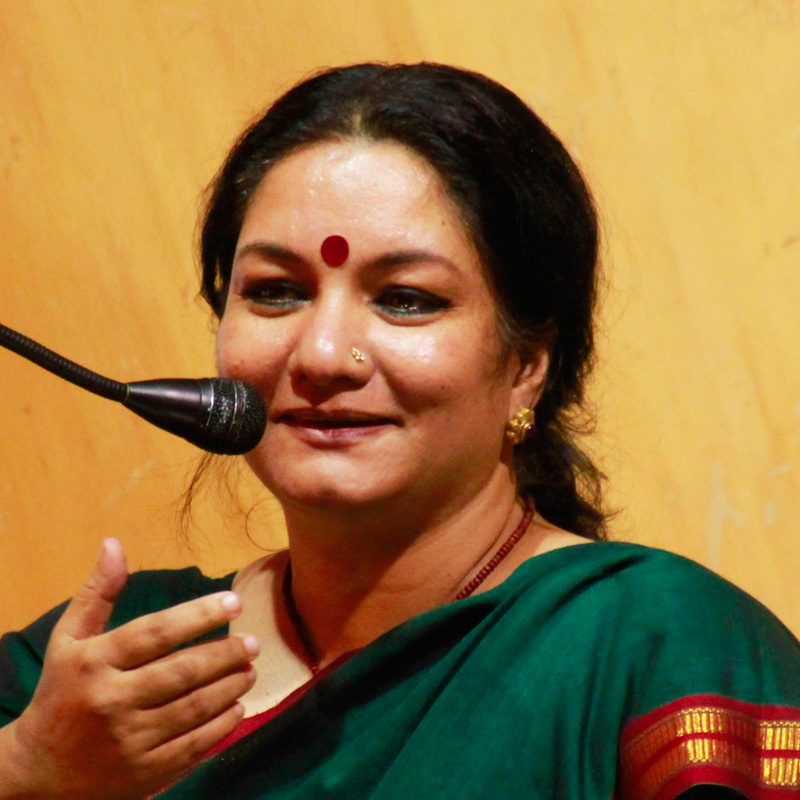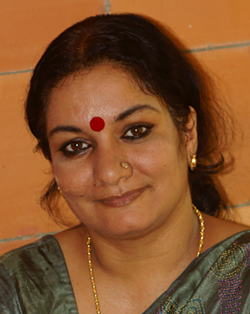My academic career began with my doctoral work on American Gothic Fiction (with a Fulbright Doctoral Fellowship at the Ohio State University, Columbus, in 1995). Much of my subsequent work has been located at the intersection of Women’s Studies and Cultural Studies, cases in point being my two post-doctoral projects, on gendered nationalisms in Indian and Canadian cinemas (with a Shastri Fellowship at the Mel Hoppenheim School of Cinema, University of Concordia), and on the gender question in mass media (with a Commonwealth Fellowship at the Centre for Media Studies, University Sussex). I edited the first ever volume of essays on the representation of women in Malayalam cinema (Orient Blackswan, 2010). Subsequently I have published a series of essays exploring the cultural politics of Kerala’s modernity, popular culture’s negotiation of Kerala’s gender histories, Indian cinema’s shaping of the national imaginary, and most recently the transformations of Kerala’s gender cultures in the age of new media. My work has appeared in journals such as the Ariel from John Hopkins University Press, South Asian Review, Journal of Creative Communications (Sage), Bioscope (Sage), and Economic & Political Weekly. My essays have been published by the Oxford University Press, Sage, Cambridge University Press, Orient Blackswan, Harper Collins, Zubaan, Routledge (London), British Film Institute and Bloomsbury among others, and are part of anthologies and books prescribed for study as part of academic syllabi. I believe in extending the academic project beyond the ivory tower, and to this end, I contribute columns to English and regional language newspapers and magazines, participate in panel discussions in regional TV channels and broadcast programmes in All India Radio.
Was a Fulbright Visiting Professor at the University of California, Los Angeles, where I taught a graduate course on ‘New Geographies of Women’s Digital Dissent’ which sought to enable an exploration of the intersectionality of gender, class, race, and caste, and the ways in which these categories have been shaped by the advent of such agents of (post)modernity as cinema and cybercultures. The course focused on fostering collaborative, multidisciplinary and interdisciplinary research that helped students gain a critical perspective on what the digital turn implied to gender politics and how contemporary feminist digital revolutions shape new regional and global cultures of resistance and forge mutually formative links. The course, which drew from a repertoire of feminist theory to look at distinct media forms and the diverse cultures of resistance that they engender, helped students develop a cross-cultural gender consciousness, and received a wonderful feedback from them.
The symbiotic relationship between my academic and ‘popular’ writings is reflected in my numerous articles in newspapers such as the Hindu, Times of India, Indian Express and magazines like Frontline and Outlook, many of which like “’Feminichi’ and Other Compliments”, discuss the fractious gender debates in Kerala.

